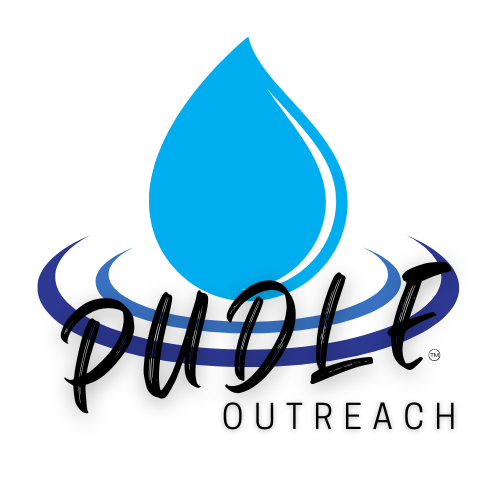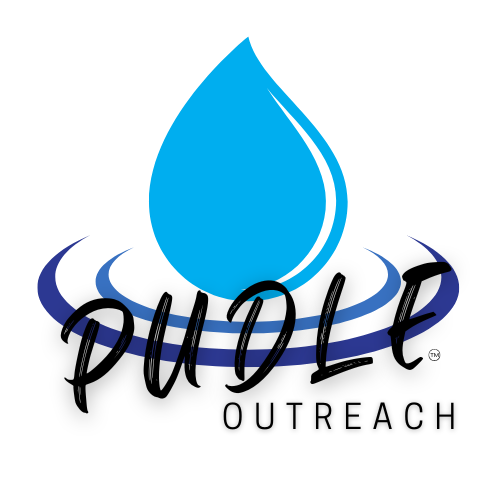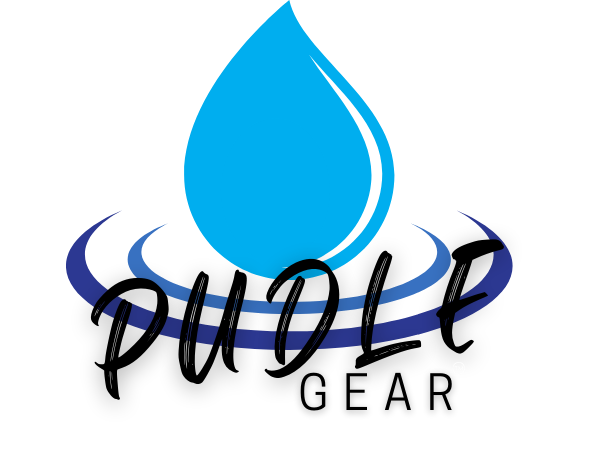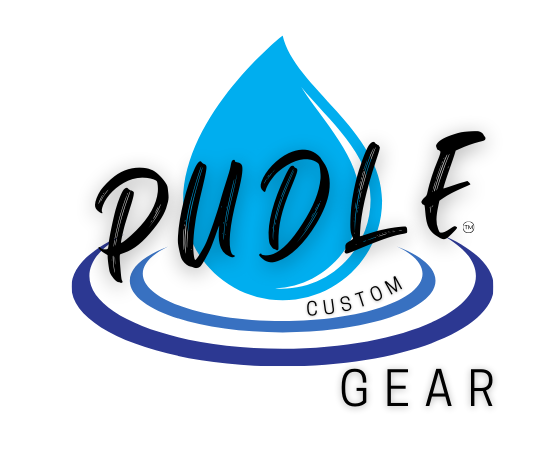ABC's of BMPs
Hey there, Defender-in-training! Sergeant Stormwater here to take you on a mission through the alphabet—Stormwater Defender style! Each letter stands for a special tool or technique called a BMP (that’s Best Management Practice!) used to protect our water from pollution. From A to Z, you’ll learn how we keep Watershed City clean and safe. Ready to roll out and discover the A-B-C’s of saving the sea? Let’s go!
A – Acronyms
These are abbreviations of words that are used in stormwater permits like BMP = Best Management Practice!
B – Berms
Berms are diversion structures to keep pollutants contained or stormwater speed bumps that stop water from rushing too fast and carrying pollution away.

C – Check Dams
Tiny rock wall, wattles, and synthetic structure built across ditches that slow water down and catch dirt before it travels downstream.

D – Detention Ponds
A stormwater management structure designed to temporarily hold excess stormwater runoff in a pond.

E – Erosion Control Blankets
Blankets made of straw, coconut or other fiber that cover the ground and stop soil from washing away.

F – Filter Bags
Bags made of non-woven fabric used to filter dirty water during dewatering practices.

G – Gravel Filter Socks
Bags filled with rocks that slow stormwater and catch dirt at construction sites.

H – Hydromulch
Water applied mulch that is mixed with seed to create an erosion control blanket and reestablish a site with vegetation.

I – Inlet Protection
Barriers around drains that stop dirt and trash from getting into underground pipes.

J – Jute Matting
Natural mats made of plants that hold soil in place until grass can grow.

K – Kiddie Pools for Secondary Containment
Small pools or containment devices that catch drips and spills from equipment or materials on a project.

L – Level Spreaders
Flat areas that gently spread out stormwater so it doesn’t wash away the ground.

M – Maintenance
All BMPs require maintenance to continue to remove pollutants over time.

N – Native Plants
Plants from the local area that have deep roots to hold soil and clean water that go into
rain gardens.

O – Oil Spill Kits
Emergency kits full of tools to clean up spills before they reach rivers or lakes.

P – Permeable Hard Surfaces
Special roads and sidewalks that let rain soak through instead of running off.

Q – Quick Grass Seeding
Planting grass really fast to cover bare dirt and stop mud from moving.

R – Rain Gardens
Beautiful gardens built to soak up rainwater and filter out pollution.

S – Silt Fence
A strong fabric fence that keeps muddy water from flowing off construction sites.

T – Turf Reinforcement Mats
Mats that protect grass and soil in places where
water moves fast.

U – Underground Vaults
Large structures under parking lots and structures that store and treat stormwater before it goes to our waters!

V – Vegetative Strip
Strips of grass, trees, and plants that catch pollution before it reaches water.

W – Wattles
Long, straw-filled tubes that stop water from washing away soil on hillsides.

X – eXcelsior
Aspen shaving fibers used in erosion control
blankets or wattles!

Y – You
As you learn more about stormwater and control measures, you become a BMP and a communicator and leader for stormwater management.
Z – Zeolite
A mineral used in spill clean up and fabrics to sorb pollution.

You’ve just marched from A to Z like a true Stormwater Defender! Every BMP you learned about plays a part in protecting our creeks, rivers, and oceans. Whether it’s stopping trash, slowing down runoff, or soaking up pollution—every letter matters. Sergeant Stormwater is proud of your progress. Now go out and show the world that you know your BMPs… and you’re not afraid to use them!





